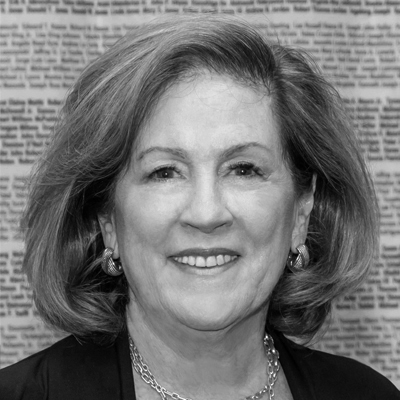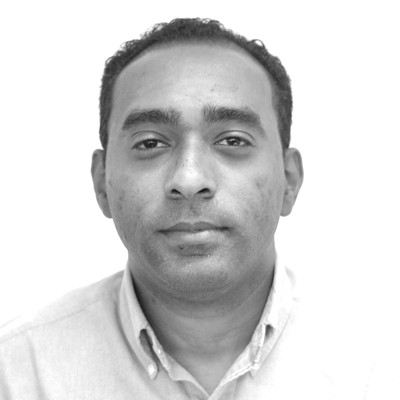WTC Survivor Grief Study | Study Team
Center for the Study of Traumatic Stress, Uniformed Services University
CSTS conducts research, education, consultation, and training on preparing for and responding to the psychological effects and health consequences of trauma and loss. These events include both natural (e.g., hurricanes, floods, tsunamis) and human made disasters (e.g., motor vehicle and plane crashes, war, terrorism). CSTS will be primarily responsible for study design, study approvals, and overseeing study-partner activities outlined in reports to the funding agency.
Principal Investigator
Center for the Study of Traumatic Stress
Uniformed Services University
Center for the Study of Traumatic Stress
Uniformed Services University
Co-Principal Investigator
Center for the Study of Traumatic Stress
Uniformed Services University
Center for the Study of Traumatic Stress
Uniformed Services University
The Center for Prolonged Grief at Columbia University
The Center for Prolonged Grief (CPG) at Columbia University School of Social Work is committed to improving the lives of bereaved people by increasing knowledge and understanding of Prolonged Grief (formerly known as complicated grief) through research, training, and community outreach. The CPG was established in 2013 to disseminate findings from over two decades of clinical research and work with grievers. The CPG team is principally responsible for designing and providing single, virtual information sessions about grief for study participants.
Voices Center for Resilience
Established in 2001, VOICES provides long-term support services for thousands of victims’ families, responders and survivors. Using social work practices, VOICES implements a wide array of programs that provide continuity of care and address the ongoing psychological needs of the 9/11 community. Programs include individual consultation and referrals, virtual support groups, educational workshops and an annual symposium in NYC. VOICES will provide consultation in the design of study materials, to ensure that materials are sensitive to the 9/11 survivor community. VOICES will also serve as a resource and referral center.
World Trade Center Health Registry
The World Trade Center Health Registry established in 2002 is the largest post-disaster Registry in U.S. history, with more than 71,000 voluntary enrollees. The Registry identifies and tracks the long-term physical and mental health effects of the 9/11 WTC attacks and gaps in care for 9/11-related health conditions. The Registry also responds to enrollees’ health needs and concerns and conducts outreach to refer enrollees to the WTC Health Program. With over 170 research papers published, the Registry shares findings and recommendations with enrollees, the public, and policymakers and informs the WTC Health Program and planning for future emergencies. The Registry will assist with the recruitment of study participants from among their enrollees and contribute existing data from prior WTC Health Registry surveys for participants in this study who have provided the appropriate consent.













